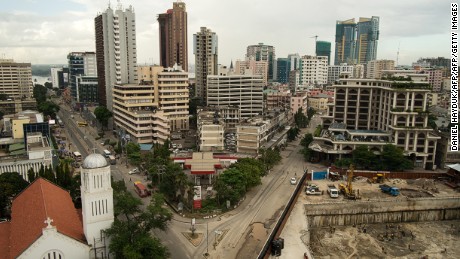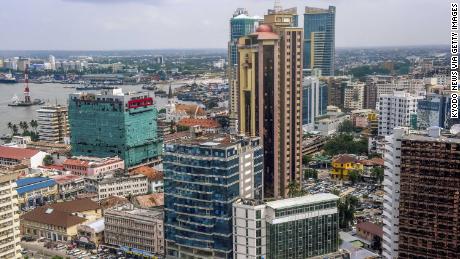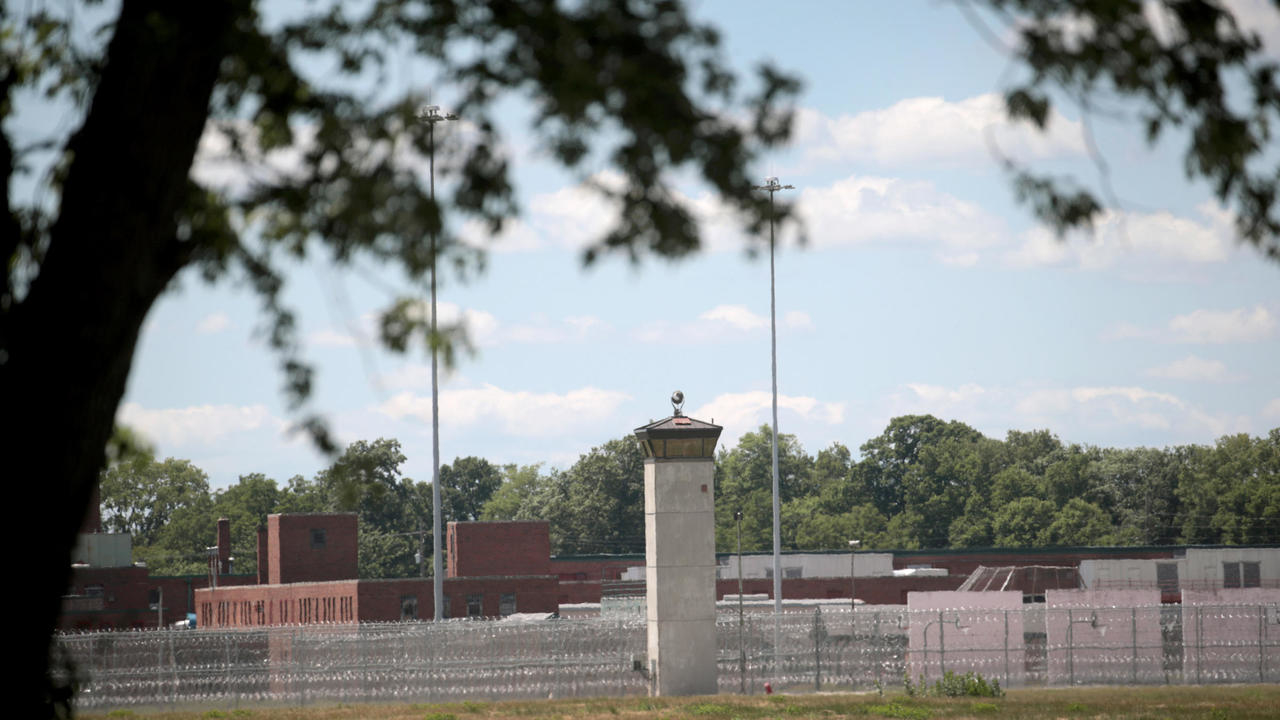The $300 million program was meant to help Tanzania's Ministry of Education improve access to quality secondary education. It was scheduled to be approved by the bank's management late last month, but a source within the bank told CNN the program was instead withdrawn and will not be going forward. Tanzania's policy of expelling pregnant girls from schools was one of the reasons for the loan to be withdrawn, the source said.The practice dates back to the 1960s, but it has been more widely applied since President John Pombe Magufuli took office in 2015.Last June, Magufuli, dubbed "The Bulldozer," went a step further, announcing that pregnant students would not be allowed to return to school after giving birth.There are no official statistics on how many pregnant girls have been expelled from Tanzanian schools. The US-based Center for Reproductive Rights, an international advocacy group, estimated in 2013 that over 8,000 pregnant girls were being expelled from or dropped out of Tanzanian schools every year."The economic and social returns to girls finishing their education are very high in every society for both current and future generations," the World Bank said in an official statement emailed to CNN. "Working with other partners, the World Bank will continue to advocate for girls' access to education through our dialogue with the Tanzanian government," the bank added.The country's new statistics law, which would make it a crime to question official statistics, was another reason for the World Bank to withdraw the loan, the source said. The bank has previously criticized the law, which was approved in September, saying it would undermine the production of data that is important for the country's development.
"Working with other partners, the World Bank will continue to advocate for girls' access to education through our dialogue with the Tanzanian government," the bank added.The country's new statistics law, which would make it a crime to question official statistics, was another reason for the World Bank to withdraw the loan, the source said. The bank has previously criticized the law, which was approved in September, saying it would undermine the production of data that is important for the country's development.  The World Bank has simultaneously suspended all visiting missions to Tanzania because of "threatening harassment and discrimination against the LGBT community," the source said. Tanzania has faced increasing international criticism over a crackdown on lesbian, gay, bisexual and transgender citizens.Tanzania's government spokesperson did not respond to a request for comment.
The World Bank has simultaneously suspended all visiting missions to Tanzania because of "threatening harassment and discrimination against the LGBT community," the source said. Tanzania has faced increasing international criticism over a crackdown on lesbian, gay, bisexual and transgender citizens.Tanzania's government spokesperson did not respond to a request for comment.
Original Article
The $300 million program was meant to help Tanzania's Ministry of Education improve access to quality secondary education. It was scheduled to be approved by the bank's management late last month, but a source within the bank told CNN the program was instead withdrawn and will not be going forward. Tanzania's policy of expelling pregnant girls from schools was one of the reasons for the loan to be withdrawn, the source said.The practice dates back to the 1960s, but it has been more widely applied since President John Pombe Magufuli took office in 2015.Last June, Magufuli, dubbed "The Bulldozer," went a step further, announcing that pregnant students would not be allowed to return to school after giving birth.There are no official statistics on how many pregnant girls have been expelled from Tanzanian schools. The US-based Center for Reproductive Rights, an international advocacy group, estimated in 2013 that over 8,000 pregnant girls were being expelled from or dropped out of Tanzanian schools every year."The economic and social returns to girls finishing their education are very high in every society for both current and future generations," the World Bank said in an official statement emailed to CNN. "Working with other partners, the World Bank will continue to advocate for girls' access to education through our dialogue with the Tanzanian government," the bank added.The country's new statistics law, which would make it a crime to question official statistics, was another reason for the World Bank to withdraw the loan, the source said. The bank has previously criticized the law, which was approved in September, saying it would undermine the production of data that is important for the country's development.
"Working with other partners, the World Bank will continue to advocate for girls' access to education through our dialogue with the Tanzanian government," the bank added.The country's new statistics law, which would make it a crime to question official statistics, was another reason for the World Bank to withdraw the loan, the source said. The bank has previously criticized the law, which was approved in September, saying it would undermine the production of data that is important for the country's development.  The World Bank has simultaneously suspended all visiting missions to Tanzania because of "threatening harassment and discrimination against the LGBT community," the source said. Tanzania has faced increasing international criticism over a crackdown on lesbian, gay, bisexual and transgender citizens.Tanzania's government spokesperson did not respond to a request for comment.
The World Bank has simultaneously suspended all visiting missions to Tanzania because of "threatening harassment and discrimination against the LGBT community," the source said. Tanzania has faced increasing international criticism over a crackdown on lesbian, gay, bisexual and transgender citizens.Tanzania's government spokesperson did not respond to a request for comment.
Original Article










